Drawing upon over a decade of experience in Advertising Creative, Strategic Brand Planning, and TV & Film Production across India and the USA, Dibakar Das Roy recently achieved a significant milestone by completing his debut feature film, “Dilli Dark,” serving as its Writer, Director, and Producer. Notably, this cinematic endeavor has been honored with the distinction of being selected as the closing film for the esteemed African Film Festival New York, scheduled to take place at the Lincoln Center on May 14, 2024.
During an exclusive dialogue with The Interview World, Dibakar Das Roy delves into the genesis of “Dilli Dark,” unveiling its thematic inspirations, intricately narrating the storyline, and elucidating the profound messages woven into its narrative fabric. Additionally, he articulates his profound joy and gratitude for the opportunity to showcase his film on such a renowned platform as the African Film Festival New York. Below, we encapsulate the salient points gleaned from his enlightening interview.
Q: Congratulations on “Dilli Dark” being selected as the closing film for the African Film Festival New York! What inspired you to tell this particular story?
A: In contemporary mainstream cinema, there remains a notable dearth in the exploration of themes centered on the racial identity of India and South Asia. The discourse surrounding the complexion of our skin as Indians, intertwined with the weight of our colonial legacy, prompts a profound examination of our self-perception juxtaposed with our perceptions of other races. Indeed, there exists a wealth of topics awaiting discussion within this realm. It is this realization that has served as the impetus behind my decision to narrate this tale. Drawing from both personal anecdotes and keen observations of the world around me, I endeavor to weave a narrative that resonates with authenticity and relevance.
Q: Can you give us a brief overview of the plot of “Dilli Dark” and what themes it explores?
A: The film, a poignant dark comedy, delves into the narrative of a Nigerian gentleman navigating life in New Delhi. His journey revolves around the pursuit of employment and acclimatization to the bustling city. From this vantage point of an outsider, it meticulously dissects India’s intricate interplay with race, color, and identity, delving into its rich tapestry of history and societal complexities.
Q: The film seems to touch upon socio-political issues. How did you navigate the complexities of addressing such topics in your storytelling?
A: After much contemplation, I resolved that employing humor constitutes the most effective approach to addressing such matters, given its accessibility to a wide audience. Despite recognizing that humor might not universally resonate as the optimal tool for confronting ostensibly weighty topics, I embraced the challenge with confidence. My rationale rested on the conviction that by remaining true to myself, I could navigate this endeavor with integrity and efficacy.
Q: The title, “Dilli Dark,” is intriguing. What significance does it hold in the context of the film?
A: The inclusion of the term ‘Dilli’ in the title is a deliberate tribute to the city of Delhi. Meanwhile, the word ‘Dark’ carries multifaceted implications within the film. Initially, it evokes a sense of gravity; however, upon viewing, one discovers its diverse resonances, unveiling various dimensions that intimately engage the audience.
Q: Could you tell us about your creative process as both the director and writer of the film? How did you bring your vision to life?
A: During the COVID pandemic, amidst months of isolation in Delhi, separated from my family in Kolkata, I immersed myself in crafting the film. The solitary confinement, though daunting, acted as a catalyst for delving into the recesses of my creative mind.
Central to materializing my vision was the meticulous crafting of the script, a process that demanded precision and dedication. Collaborating closely with my actors, we honed the tonal nuances of the film, striving for perfection before stepping onto the set. Additionally, significant time and effort were dedicated to pre-production tasks, ensuring that the chosen locations breathed life into the narrative.
Q: “Dilli Dark” showcases a diverse range of characters. Can you speak to the importance of representation in your storytelling?
A: The essence of representation pervades all aspects of my creative endeavor. Crafting realms where a myriad of characters, each stemming from unique backgrounds, converge, grants me the profound satisfaction of forging novelty and intrigue. Furthermore, I am compelled to observe a notable absence within mainstream Indian cinema: a dearth of representation encapsulating the diverse tapestry of regional and cultural identities. This observation serves as a poignant impetus, igniting within me the fervent desire to rectify this deficiency through my artistic contributions.
Q: The African Film Festival New York is renowned for its celebration of African cinema. How does it feel to have your film featured as the closing piece in such a prestigious event?
A: It is an immense pleasure to represent Indian cinema on an international platform. Thus far, “Dilli Dark” has graced screens at various European festivals, including the prestigious Tallinn Black Nights in Estonia and Fribourg in Switzerland, where it proudly served as the opening film.
However, the distinction of being the closing film at the African Festival in New York holds profound significance. “Dilli Dark” stands as a pioneering work, possibly the first Indian film to delve into themes of race, color, and identity through an Indo-African lens. Notably, it boasts an African protagonist and a substantial African ensemble, a rarity in Hindi cinema. Above all, the film illuminates the shared heritage and historical ties between India and the African continent. It resurrects forgotten chapters from the annals of mainstream consciousness, shedding light on narratives often overlooked.


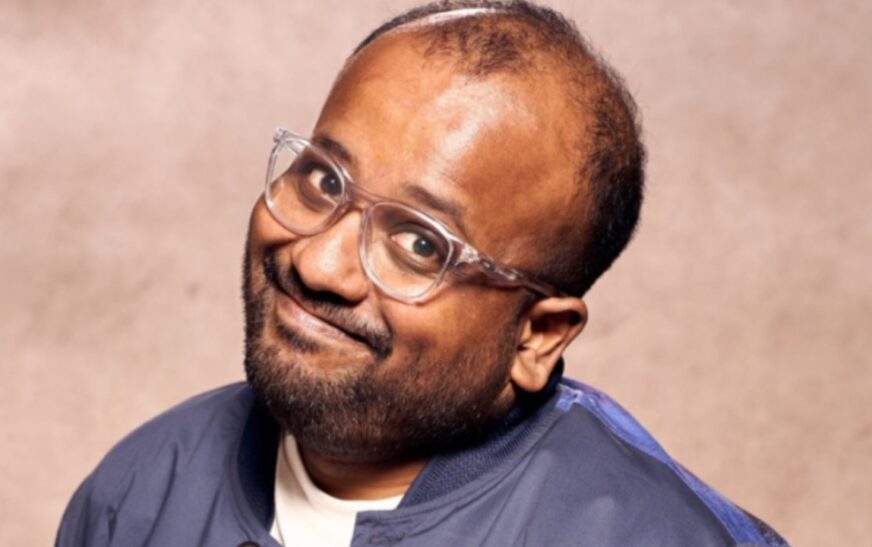
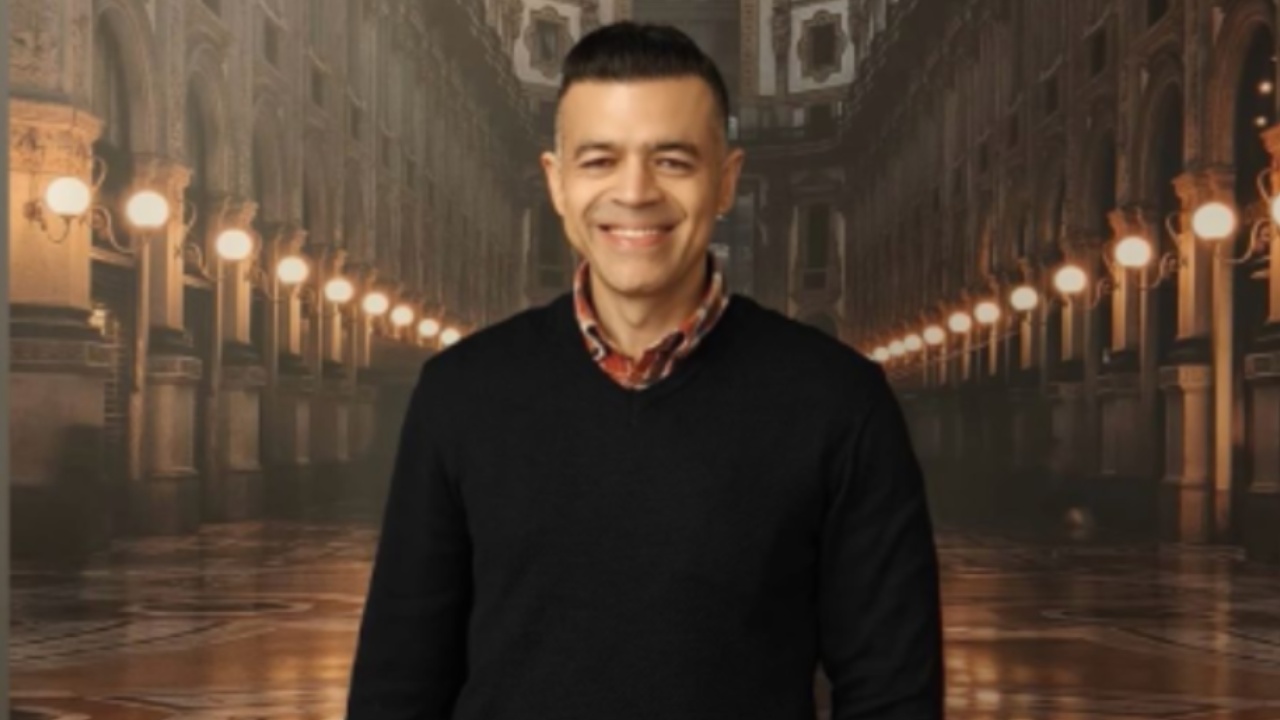
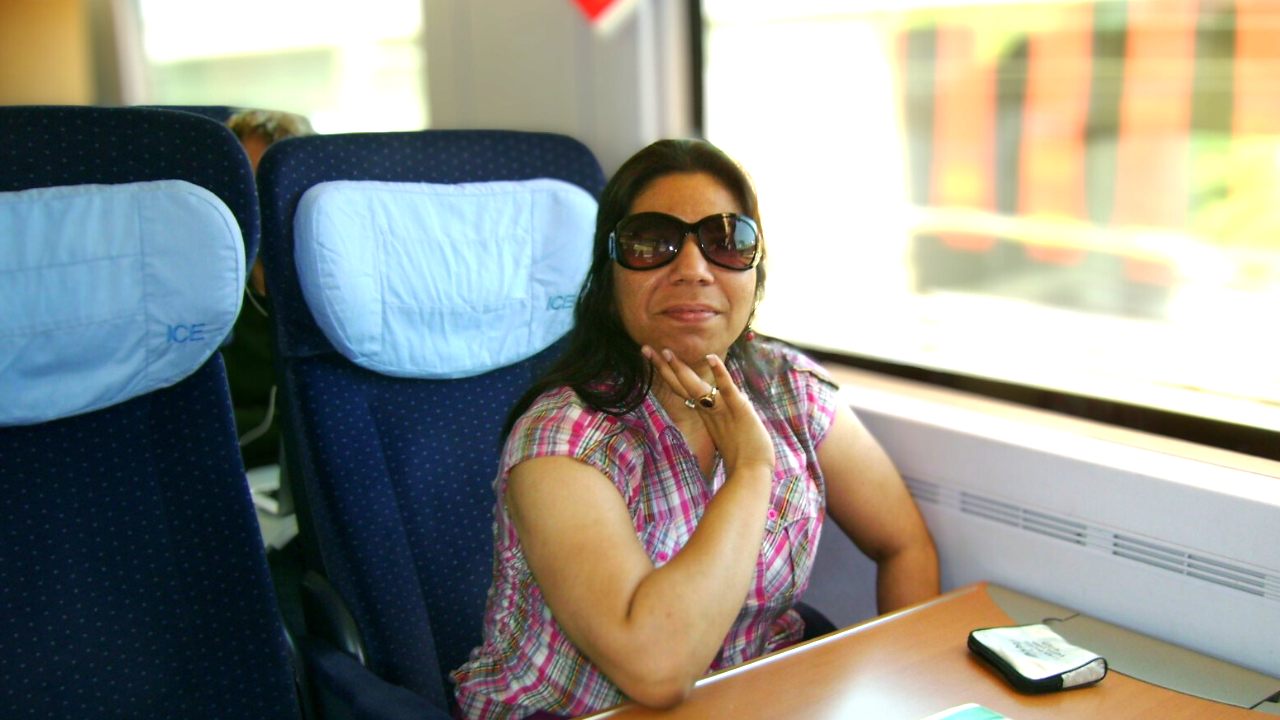
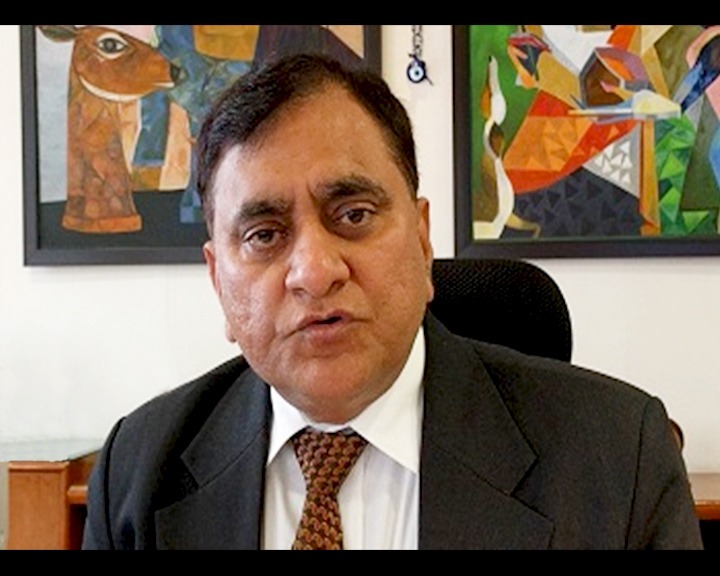
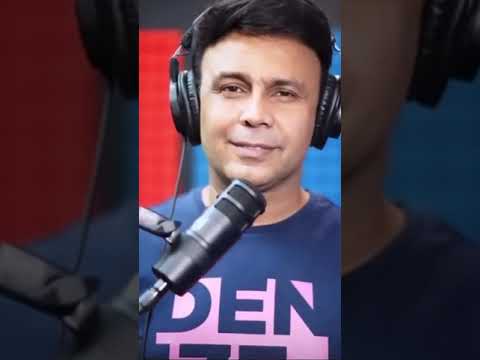


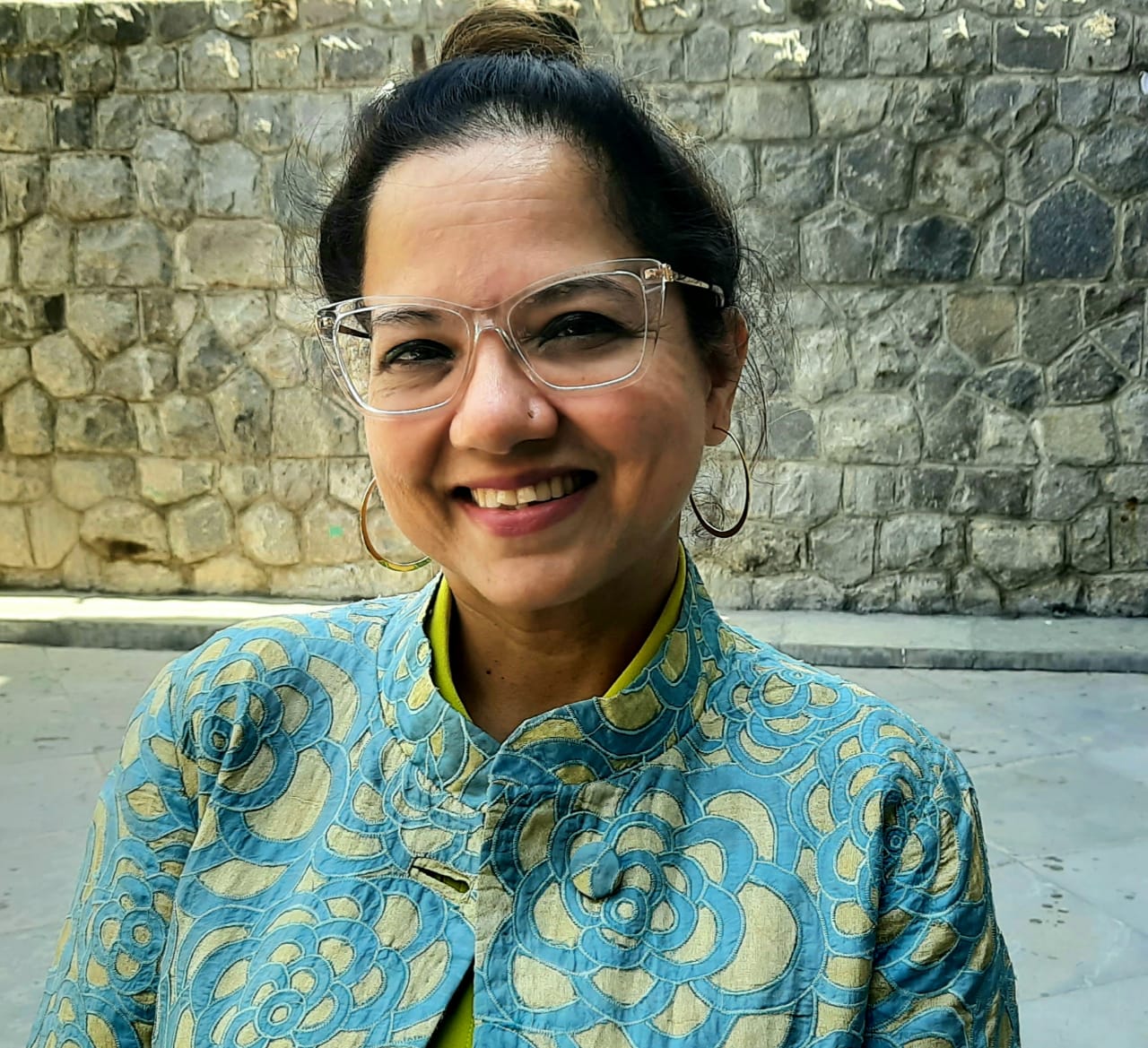
2 Comments
V nice
Hello just wanted to give you a quick heads up. The text in your content seem to be running off the screen in Ie. I’m not sure if this is a format issue or something to do with internet browser compatibility but I figured I’d post to let you know. The design look great though! Hope you get the issue fixed soon. Cheers
Comments are closed.